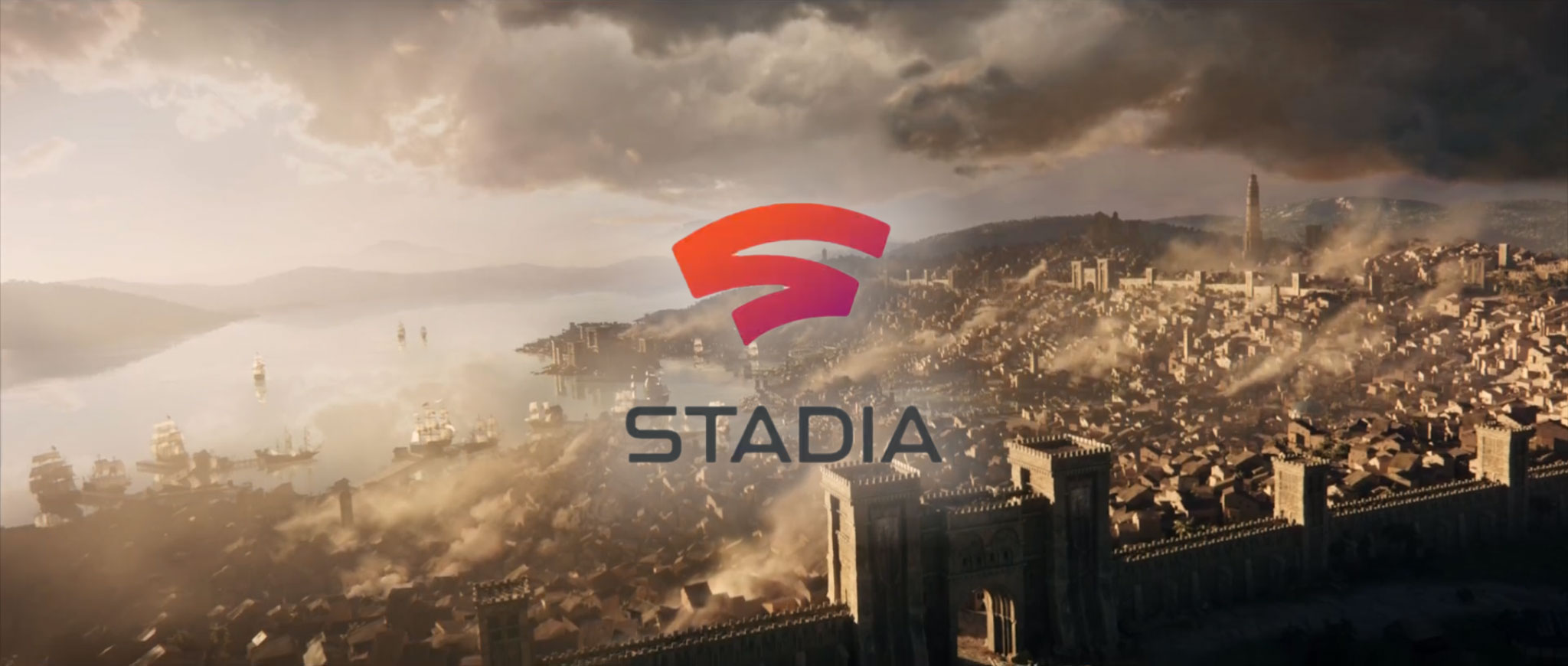Google thinks Stadia will have less lag than your PC in two years
Thanks to what it calls "negative latency," or the ability to predict your button presses.

In an interview with Edge Magazine, Google's VP of engineering Madj Bakar claims Google Stadia will be superior to gaming on desktops and other local hardware "in a year or two." With the tech it's been developing in modeling and machine learning, Bakar says that Stadia will make games feel more responsive in the cloud, and make them run faster than they do locally "regardless of how powerful the local machine is." He says this can be done through something called "negative latency."
Now, there actually isn't such a thing as negative latency, but Bakar is talking about creating a buffer of predicated latency in which Stadia can mitigate the lag the player is seeing on their end over the cloud network. This can be done in a few ways, like rapidly increasing fps to reduce latency between player input and what's displayed on screen, but Bakar says mitigating latency will mostly come from Stadia's ability to predict your button presses.
That's right. Google wants to use machine learning to play your game for you, in a sense. It's the next stage of aim assist, maybe: button press assist. And in theory it seems like it would reduce lag, but would it actually be good?
The way some other cloud streaming services currently reduce lag, like Nvidia's GeForce Now, is by reducing the game's resolution and dropping the fps to lower than 60, if needed. This automatic setting change can be more or less seamless, depending on the game you are playing and your internet connection, but Google seems to be taking an experimental route.
But if Stadia can predict what buttons the player is going to press, how accurate is that? If I'm playing a branching narrative game like Life is Strange or Until Dawn, how will it know what choices I'm going to make? Will it accurately predict fighting combos? How would it work with FPSes? According to one game developer, Google wants to use something akin to branch prediction, which is a well-researched and common technique in CPU design.
Branch prediction is great for speeding things up—but the issue, he says, is when the system guesses wrong. There's a long penalty for predicting wrong, and in the case of Stadia this could translate into players desyncing or rubberbanding in game, which would be a really frustrating experience—not to mention there is no indication if this prediction method would work the same across all internet connection speeds, nor if Google will charge extra for this.
Right now, you can get access to 4K resolution only if you pay a monthly subscription for Stadia Pro, but you need at least a connection speed of 35Mbps, according to Google. However, in our tests with other game streaming platforms, you want at least 75Mbps for a game to feel like you're playing it on a local machine at 1080p, seamlessly.
The biggest gaming news, reviews and hardware deals
Keep up to date with the most important stories and the best deals, as picked by the PC Gamer team.
At first glance, negative latency and predicting button presses doesn't sound like it will actually work that well in many scenarios. In the middle of an intense shootout in an FPS, with multiple enemies, fast response from the game is imperative. Accurately predicting which target you want to aim at first, and when you'll press the button to shoot, sounds like pie in the sky. But I guess we'll be able to see this in action ourselves, in a year or two.
Thanks, PCGamesN.


